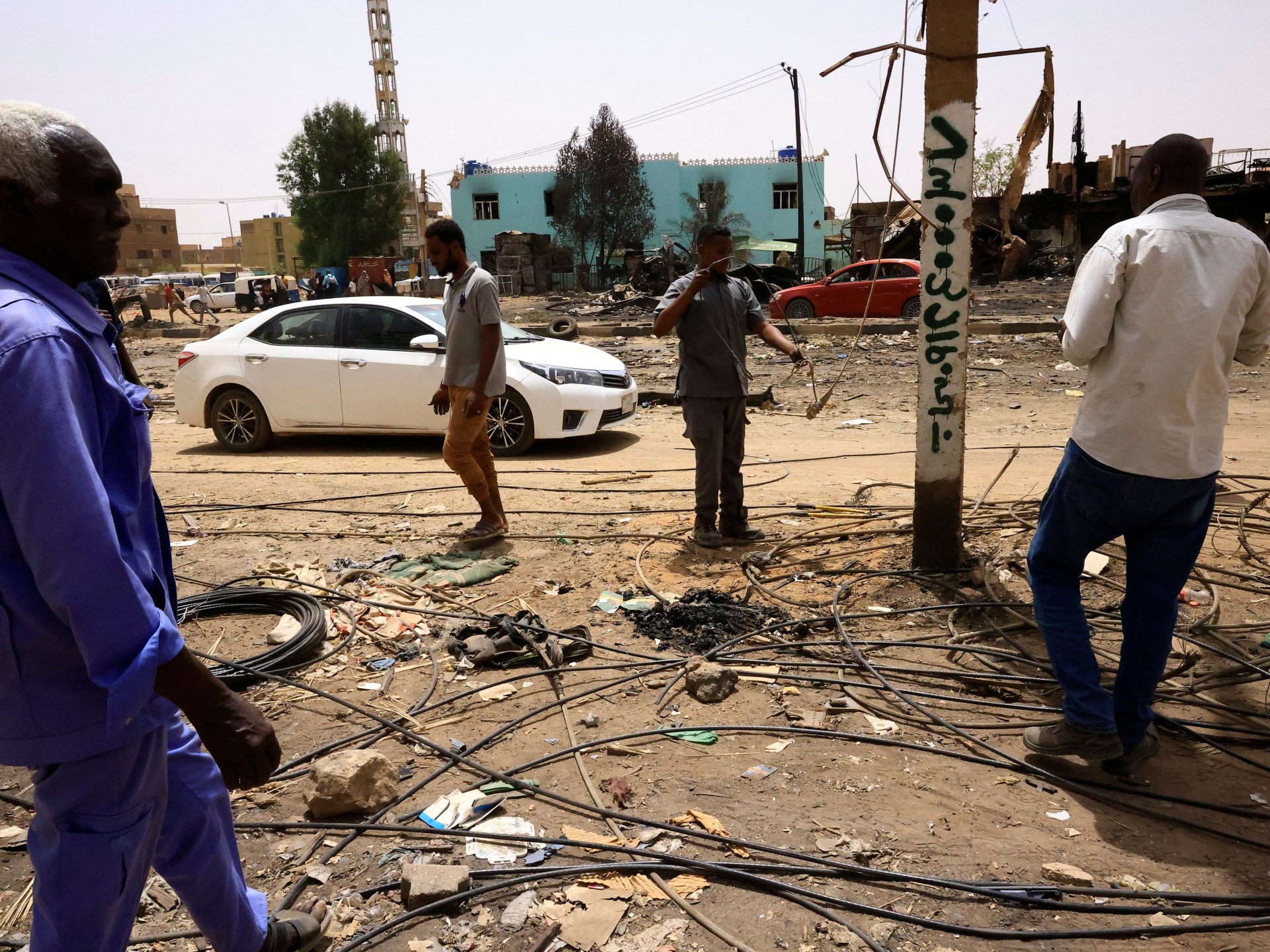The United States has imposed economic sanctions and visa restrictions on Sudanese actors that perpetuate violence, White House national security adviser Jake Sullivan said, amid fears of protracted conflict and widespread suffering in the country as a ceasefire between Sudan's military and the Rapid Support Forces (RSF) failed.
Sullivan said in a statement issued on Thursday that the sanctions aim to hold accountable those responsible for undermining peace, security and stability in Sudan.
Sullivan held the warring parties responsible for the unjustified violence and defying the will of the Sudanese people.
U.S. Secretary of State Antony Blinken told a news conference in Oslo: "We are looking at steps that can be taken to clarify our views of any of the leaders who are leading Sudan in the wrong direction by perpetuating violence and violating the ceasefire that they have already affirmed they will abide by."
Blinken described the ceasefire in Sudan as fragile and said both sides were violating it and that what was happening was not in the interest of the Sudanese.
The United States has expressed regret over the Sudanese military's decision to suspend its participation in the Jeddah negotiations.
National Security Council Strategic Communications Coordinator John Kirby called on the Sudanese Armed Forces to seize the peace opportunity seriously for a ceasefire.
On the other hand, Al Jazeera correspondent reported widespread power outages in the capital Khartoum and other states in the country.
He also reported strong explosions and the sound of heavy weapons in Al-Ghaba Street and the industrial zone in Khartoum, noting that fighter jets flew over Khartoum North and Omdurman.
Extended mechanism concerned
In a political context, the expanded conflict resolution mechanism in Sudan expressed concern about the continued fighting in Sudan.
In a statement on Thursday, the Mechanism stressed the lack of a military solution to the conflict, the importance of a coordinated approach to resolving the crisis and the need for an African-led Sudanese-led operation.
The Mechanism warned against the proliferation of uncoordinated initiatives that would undermine the collective effort and sovereignty of the Sudan.
The expanded mechanism welcomed the Jeddah process sponsored by Saudi Arabia and the United States, which resulted in the announcement of a commitment to a short-term ceasefire, as well as humanitarian arrangements.
On Monday evening, Saudi Arabia and the United States announced the agreement of the Sudanese army and the Rapid Support Forces to extend the ceasefire agreement signed between them for an additional 5 days.
The announcement coincided with the expiration of a declared agreement between the military and the rapid support for a short-term seven-day ceasefire and humanitarian arrangements under the auspices of Saudi Arabia.
The Jeddah talks began in early May and led to a declaration of commitment to the protection of civilians and two short ceasefires that have been repeatedly violated.
As part of external efforts to resolve the Sudanese crisis, African Union Chief of Staff Mohamed El Hassan Ould Lebatt told Al Jazeera that the meeting of the expanded mechanism held in Addis Ababa on Wednesday agreed on a new road map to resolve the Sudanese crisis.
Ould Lebatt added that the expanded mechanism stresses the prevention of external interference in Sudanese affairs, facilitating the immediate delivery of humanitarian aid to the Sudanese through air, land and sea corridors, as well as coordinating international actions and preventing any initiatives that reduce joint action.
The expanded African mechanism includes the resumption of the political process to complete the political transition stalled by the conflict.

